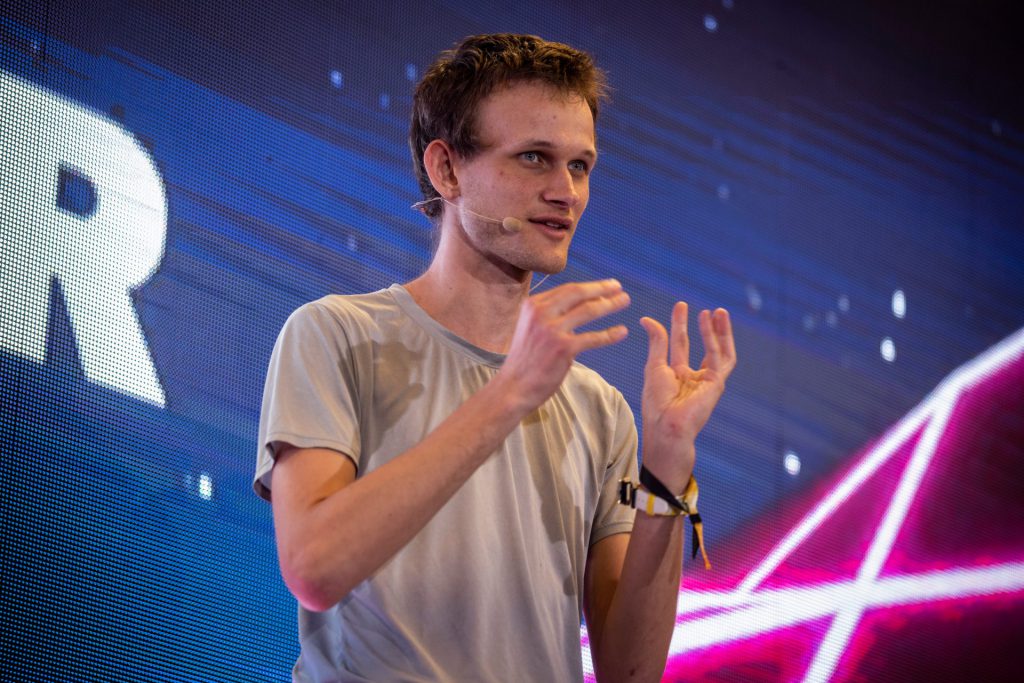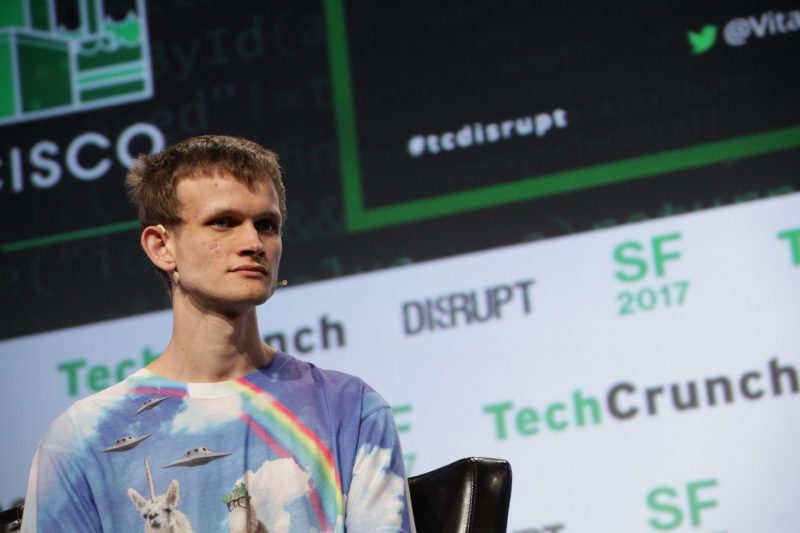Ethereum co-founder Vitalik Buterin has taken to X (formerly Twitter) to urge layer-2 networks to decentralize even more. Indeed, the well-known crypto developer, Buterin discussed the importance of decentralization and the utilization of his vast platform.
Specifically, he noted he would change how he speaks about Vaiours layer 2 networks in the future. Specifically, he would no longer discuss projects that aren’t doing enough in terms of decentralization. Buterin said projects should at least meet the Stage 1 threshold he laid out in a previous blog post discussing decentralized platforms.


Also Read: Vitalik Buterin Explains $2.2M ETH Wallet Dump: Market Impact
Buterin Calls out L2 Networks, Urges Increased Decentralization
Ethereum has long been the second-largest crypto by market cap. Moreover, its influence has been undeniable. Yet, more important is the influence of the man who was key to the creation of the network, Vitalik Buterin. It is safe to say that when Buterin speaks about Web3, the industry listens.
In a new statement, he notes that what he doesn’t say will be as important as what he does. Specifically, the Ethereum founder, Buterin, has urged layer 2 networks to increase their decentralization efforts. For the betterment of the industry, he has promised not to discuss those who don’t.
Buterin said he plans to “only publicly mention (in blocs, talks, etc) L2s that are stage 1+,” in a recent post. Although he did note that he’d offer a “short grace period” for new and interesting projects, he is sticking to the new baseline. “It doesn’t matter if I invested, or if you’re my friend; stage 1 or bust,” he added.
Also Read: Crypto Chaos: How Ethereum’s Latest Drama Impacts Your Portfolio
The statement refers to the proposed stage for project rollouts that Buterin released in 2022. These stages were crafted to increase the decentralization goals of these projects. He discusses them as “training wheels,” before protocol deployment leads to fully realized decentralization.
“While a project’s tech is still immature, the project launches early anyway to allow the ecosystem to start forming,” Buterin said in the 2022 post. “But instead of relying fully on its fraud proofs or ZK proofs, there is some kind of multisig that has the ability to force a particular outcome in case there are bugs in the code.”
There are three different stages, according to Buterin. Stage 0 represents a layer 2 network completely reliant on its training wheels. Thereafter, stage 1 has limited assistance but runs with fraud proofs. Stage 2 then features the full decentralization of the project, and is the ultimate goal.





